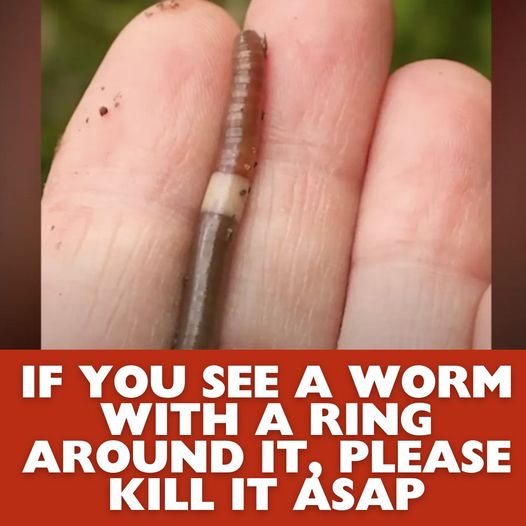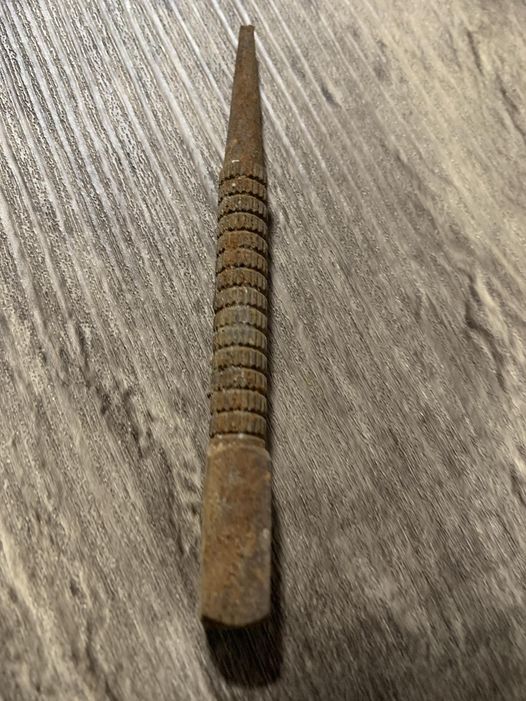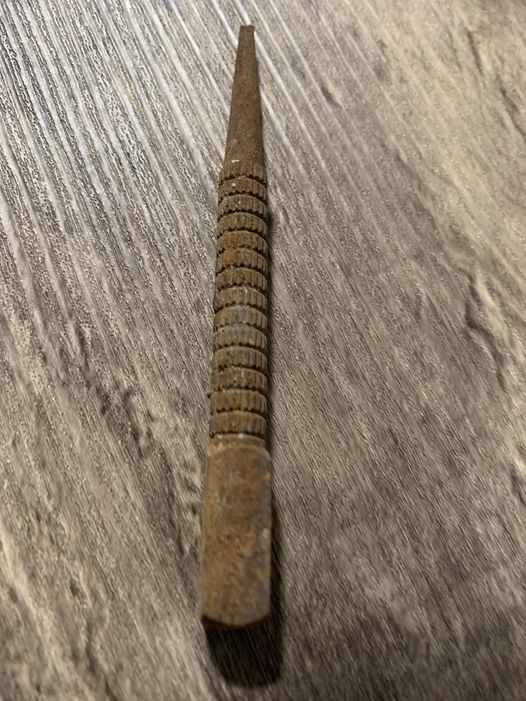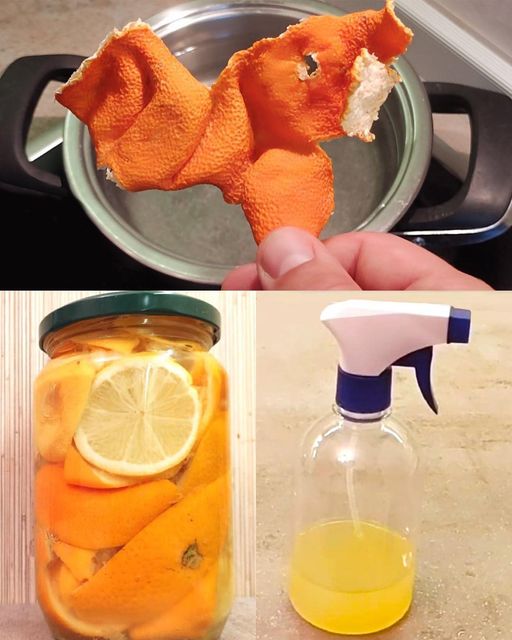Gardeners in the American Midwest are facing a new threat – an invasive worm species from Asia. These jumping worms are causing havoc in gardens and yards, and it’s important to take action to protect your beloved plants. These worms are relentless and have no natural predators in the United States, allowing them to multiply rapidly and wreak havoc wherever they go.

When the Asian jumping worms feed, they deplete the soil and leave it in a poor state. Their voracious appetite alters the soil structure, resulting in a loss of moisture retention and stripped nutrients. As a consequence, the soil becomes vulnerable to erosion, making it even more difficult for plants to thrive.
Beyond the damage they cause to the soil, these worms can be quite creepy. Although their name suggests they can “jump,” their movement is more of a twisted snap that adds to their eerie appearance. Recognizing the importance of addressing this issue, various states have taken action against this harmful invader. The affected states include Wisconsin, Missouri, Illinois, Iowa, Minnesota, Nebraska, Ohio, Texas, Louisiana, Indiana, Kansas, Kentucky, Tennessee, and Oklahoma.
To safeguard your garden, it is highly recommended that you eliminate these worms if you spot them. These invasive worms steal nutrients from the soil, depriving local plants and animals of their food source. Without a suitable habitat, the local ecosystem begins to decline, leading to a depletion in plant and animal populations.
If you reside in one of the affected states, there are measures you can take to combat these worms. Brad Herrick, an ecologist at the University of Wisconsin-Madison Arboretum, suggests sprinkling a mixture onto the soil that will coax these worms to leave their underground homes and emerge for air. This method can help reduce their numbers and protect your garden.
You can identify the Asian jumping worm by a distinct marker on its body: a white ring located close to its head. If you come across these worms, it is advisable to remove them immediately. Place any adult worms you find in a plastic bag, expose them to the sun for at least ten minutes, and then dispose of them. Additionally, it’s important not to purchase these worms for bait, gardening, or composting purposes. Only buy compost or mulch that has been properly heated to eliminate the risk of spreading their eggs, which cannot survive temperatures above 104 degrees Fahrenheit.
By taking proactive steps to address this invasive species, we can protect our gardens and ensure the health and vitality of our ecosystems. Together, we can put an end to the destructive reign of the jumping worm and restore balance to our Midwest gardens. Watch the video below to learn more about these invasive worms and their impact:





